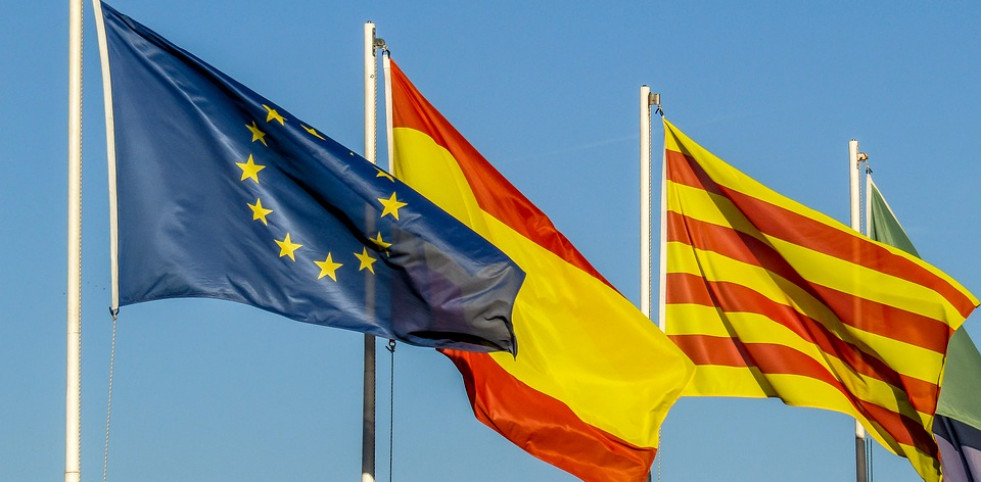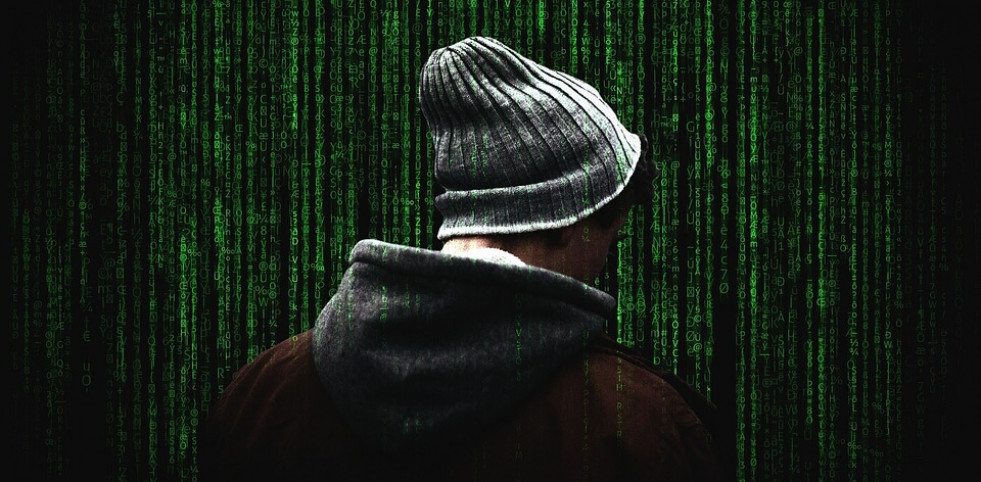news
The institution of the European arrest warrant and surrender procedures was created in 2002 by a Framework Decision of the Council in the European Union.
On March 21st, 2018, the Spanish justice issued a European arrest warrant against the president of the Catalonian regional government, Carles Puigdemont.
With all the tension occurring over the Catalonia issue, we waited with baited breath for Carlos Lesmes's discourse, president of the Supreme Court and the General Council of the Judiciary, at the inception of the Judicial Year.
Politics, like property and money, sacred, enjoy a treatment of legal favour that only now is begging to exhibition cracks.
The Area of Freedom, Security and Justice establishes the rules of mutual trust, mutual recognition of judicial decisions among the Member States.
There are reasons to continue maintaining Europeanist optimism but we should not ignore a reality that is not exempt from difficulties.
"Ubisocietas, ibiius," a well-known Latin aphorism pronounces: wherever there is life in society, there is the Right.
Over the last few years, the European Union has created a "European Justice Area" based on the adoption of measures to advance judicial cooperation in civil and criminal matters.
The traditional structure available to countries to investigate crimes has to change-
Crisis in the European Union due to the judicial disagreements of the member countries?
Who remembers the Pinochet indictment? The one in which -then- Magistrate Baltasar Garzón Real had tried to obtain his extradition.
Tthe countries presented themselves as closed fortresses, protected by the principle of non-interference.
The presence of Catalonian politicians fleeing from justice and installed in member countries of the EU has generated unprecedented political and judicial unrest.
THE ECONOMY JOURNAL
THE ECONOMY JOURNAL ALL RIGHTS RESERVED
Aviso legal - Política de Cookies - Política de Privacidad - Configuración de cookies















